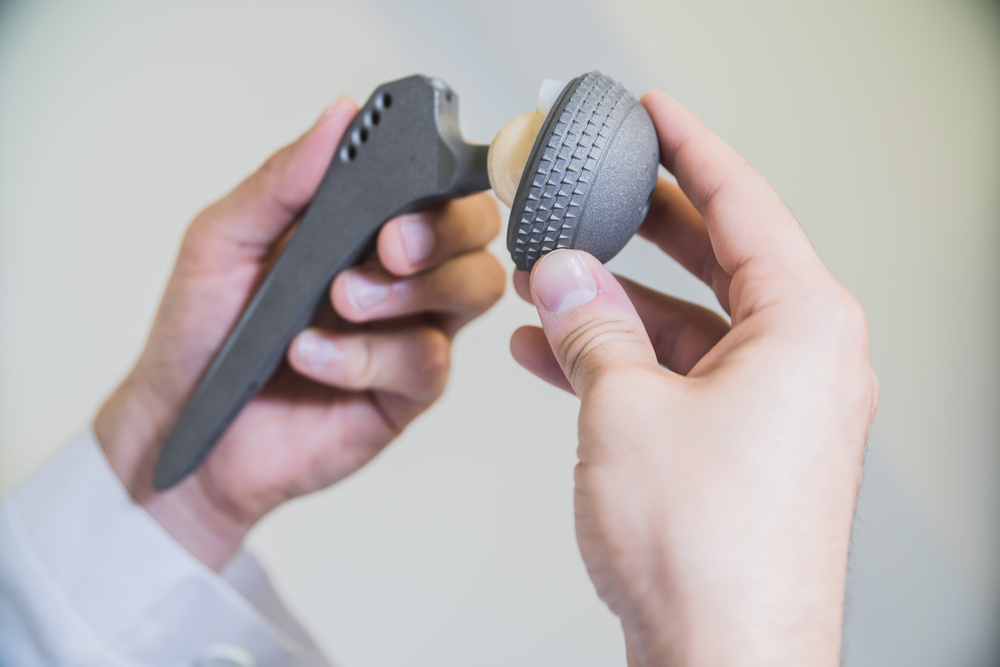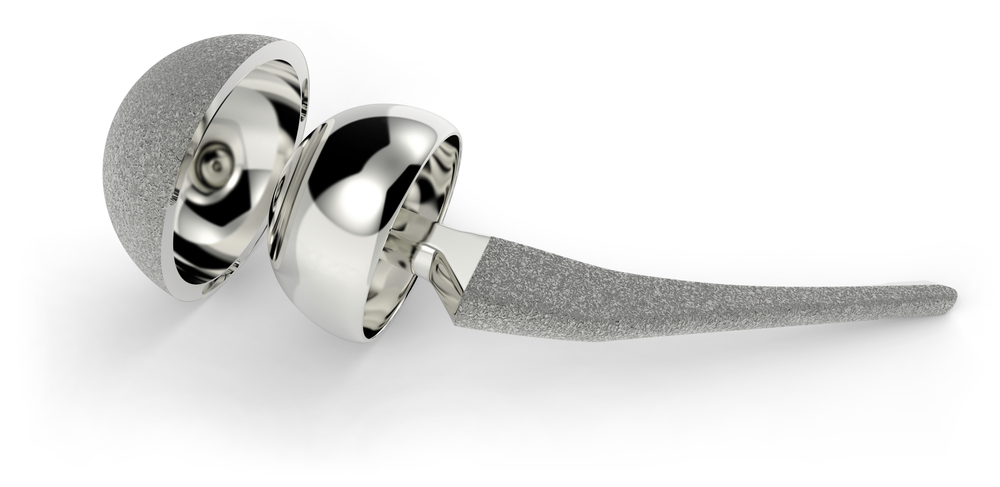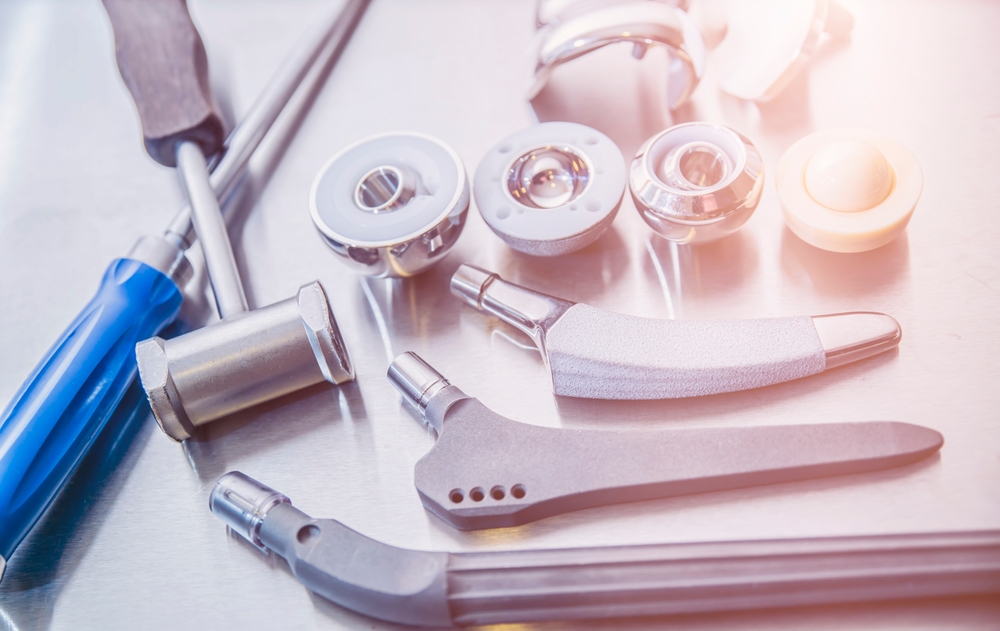For the last several years clinicians and patients have been operating in uncharted waters in attempting to figure out who is most at risk for health problems associated with recalled and non-recalled Metal-on-Metal hip implant devices. According to the latest update from the FDA on January 17, 2013:
Patients with bilateral implants (hip replacements on both the right and left sides)
- Patients with resurfacing systems with small femoral heads (device sizes less than or equal to 44mm)
- Female patients
- Patients receiving high doses of corticosteroids
- Patients with evidence of renal insufficiency (kidney problems)
- Patients with suppressed immune systems
- Patients with suboptimal alignment of device components (device components not placed in the ideal positions)
- Patients with suspected metal sensitivity (e.g. cobalt, chromium, nickel)
- Patients who are severely overweight
- Patients with high levels of physical activity
The links to this question and others may be found here: http://www.fda.gov/MedicalDevices/ProductsandMedicalProcedures/ImplantsandProsthetics/MetalonMetalHipImplants/ucm241766.htm
The harms associated with cobaltism and metallosis are significant. Many of the known harms associated with the following devices have resulted in many patients being seriously harmed and led thousands of lawsuits across the country:
- Depuy’s ASR device [Recalled in August of 2010-but claims are still being filed]
- Depuy’s Pinnacle Cup (metal Insert)
- Stryker Corporation’ Rejuvenate modular hip
- Zimmer Holdings, Inc.’s Durom Cup
- Wright Medical Technologies Conserve Cup
- Biomet Inc.’s M2A Magnum Hip Replacement
Some recommendations were made after two days of hearings back in June 2012 with thousands of pages of supporting documentary evidence questioning the metal on metal hip systems.
For those metal-on-metal him implant patients that are still unrepresented we encourage them to speak to a lawyer about their legal rights and if warranted, file a claim before their statute of limitation expires.
In the estimation of Childers Schlueter and Smith, LLC the harms and value of each timely prosecuted hip implant claim will include future considerations. The average claimant of a defective MoM hip implant device will have been exposed to high levels of Chromium and Cobalt that will require years of monitoring and treatment. Questions will persist into the future: Will there be long term affects from exposure, such as impaired renal function, impaired hearing, adverse neurologic effects, unwanted conditions effecting the heart, and/or a potential impact to the thyroid gland or lymphoma? These are all questions that must be addressed and considered.
Individual considerations of particular circumstances are evaluated including the possible uncertainty of the longstanding effects of metallosis, cobalt and chromium. Each represented client has claims that are different and are evaluated individually on a case by case basis. (Ie. We are representing single individuals and not participating in a Class Action with our clients. Our experience in handling these claims show the injuries and harms are just too great to handle them in any other way)
If you have questions or just want to be more informed, call our hip implant lawyers. The lawyers at Childers Schlueter and Smith LLC are available to answer your questions and explain your legal options.







